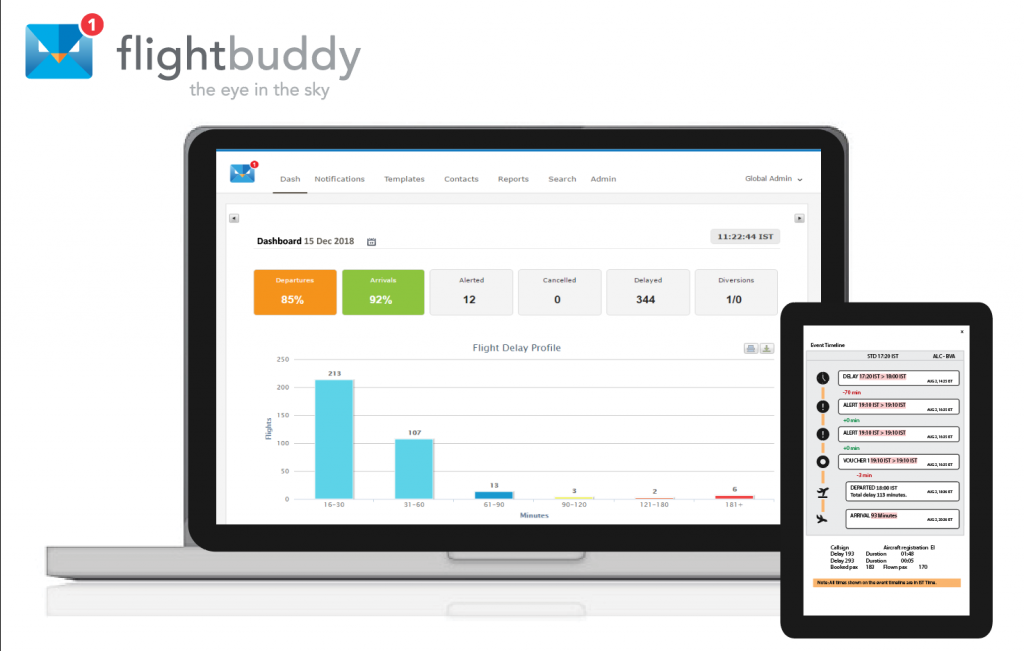Like all businesses, airlines strive to organise and create the correct operational environment to maximise commercial success. Disruptions and in particular unplanned disruptions, without exception, impact negatively on this goal.
Once a disruption occurs, be it foreseen such as an ATC strike or suddenly in the case of weather or a tech issue, an airline immediately goes into damage limitation mode.
Firstly, by making sure where possible, those operations and the serving of passengers not directly affected continues as planned and secondly by dealing with and limiting the effects of the disruption.

As with any business, an airline can’t justify having vast resources on standby just in case. So when disruptions occur, a combination of technology, tried and tested procedures, hard work, stretching of already committed resources and imagination are the traditional methods employed to handle them, whether these are man-made, technical or weather-related. These methods look at disruption management from an economic and technical perspective.
At Flightbuddy™ we believe that there is another element that needs to be looked at as well – this is the “psychology” of the disruption. By this, we mean, how a cancellation or a delay is perceived by passengers and staff.
This needs to be factored into the overall efficient management of the situation. We look at how disruptions are perceived by both staff and passengers and what we learn helps guide us in terms of the technology we deploy and the capability we build into our platform. We combine technology, sound economics and psychology in order to address each disruption challenge swiftly, cost-effectively and with the best outcome in mind.
The key to this approach lies in “information” and how it’s presented.

What info? Is it reliable? Is it timely? Is it appropriate and can I act on it? i.e. Does it allow me to make a decision?
These questions apply to all parties, passengers and airline staff – but they don’t always have the same answers. But what they do have in common is that the old adage of “knowledge is power” is applicable and in this case, knowledge means information and it allows people involved to take control.
The ability to gather, verify and communicate the information not only saves resources and money but critically protects an airlines brand reputation which in turn enables continued commercial success.
Flightbuddy™ helps address the true cost of disruption, including passenger related costs, additional handling, and other costs incurred while resolving a disruption. This is done by clearly gathering and displaying the information during an event and post-event so that it can help people understand root causes, address avoidable issues and design faster resolutions.
Flightbuddy™ is designed and priced in a modular fashion, deployed in the cloud with light touch IT integration that takes weeks rather than months, allowing immediate benefits to both the airline, its staff and most importantly its valued passengers.
Our clients can choose from a suite of services that pinpoint their requirements from day one and then add to this as circumstances and needs change. This approach allows airlines to access a state of the art disruption management service without incurring unnecessary costs.








Recent Comments